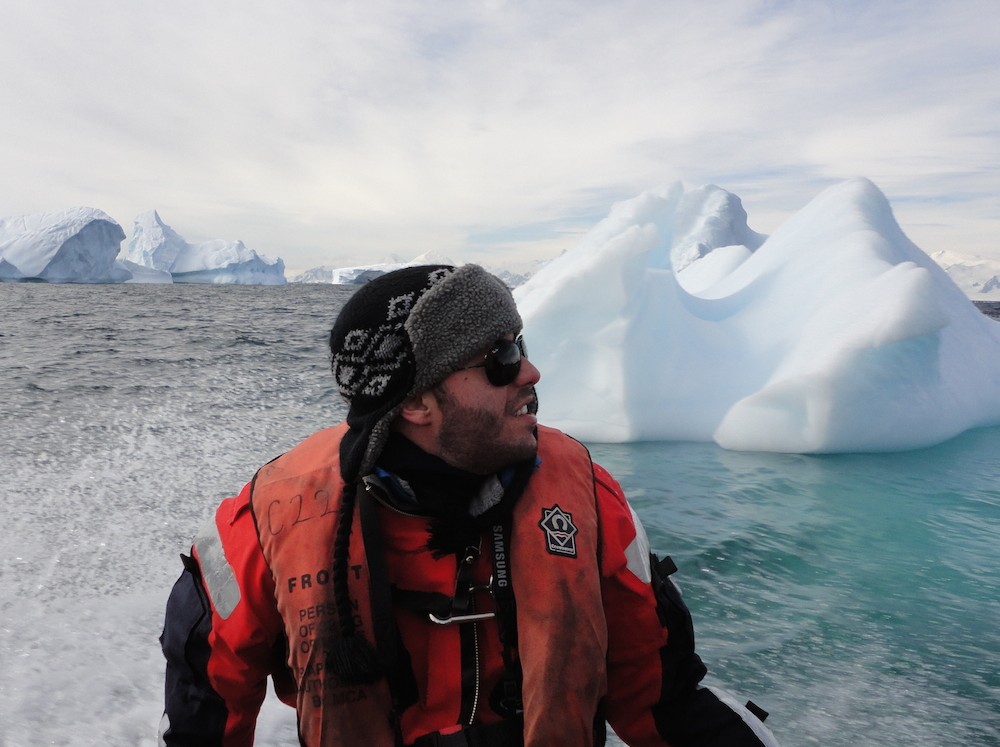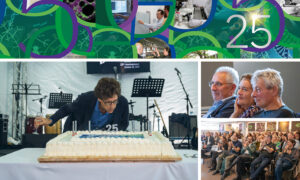
Pathways: Science writing
To uncover a good science story, journalist and blogger Lucas Brouwers suggests a simple formula: “Follow your instincts,” he says, smiling.

An evolution enthusiast, he finds the subject a rich hunting ground: recent stories include the origins of the sabre tooth tiger’s tooth, the intellectual capacity of Neanderthals, the evolution of extreme longevity in some animals and why hermit crabs only smell their favourite peanut snacks when it’s wet. “Scientists are creative people and it is not a surprise to find engaging stories – we are surrounded by them,” he explains. “Of course discussions over theories and ideas can get heated, but this is part of what makes these stories so absorbing.”
When studying for his master’s degree in the Bork group at EMBL Heidelberg, Brouwers kept a blog in his spare time as well as taking on other writing projects. When it came to reflecting on his future – and deciding to go for it – he had a portfolio of diverse articles to showcase. “I started an internship with NRC Handelsblad – I thought I had a good grip on science, but then I came here and discovered I had been working on just a slither of highly specialised knowledge,” he says. “It was necessary to take a step back and see the bigger picture. But I got some stories published – they liked them and eventually took me on as a full time biology and medicine editor.”
One of the best things about this job is that you get a flavour of what life is like for scientists in many different areas of life and often in extraordinary situations
A typical week involves juggling article writing with planning, interviewing or time out in the field. On one assignment Brouwers scrambled over icy rocks, with Adélie penguins looking on curiously, at a research station in the Antarctic. In another he interviewed his own grandmother after she had taken a direct-to-consumer genetic test as a means of exploring what can and cannot be deduced from them. “One of the best things about this job is that you get a flavour of what life is like for scientists in many different areas of life and often in extraordinary situations,” he explains.

He urges those wanting to break into science writing to follow his curiosity-driven philosophy. “If you get excited every time you read an embryology paper, that will be a great subject to write about,” he points out. “It is also important to practice: at first it might come out horribly, but persist and you will improve – and even if you decide it is not for you, writing can also help you as a researcher – it encourages you to organise thoughts and to reason.”


